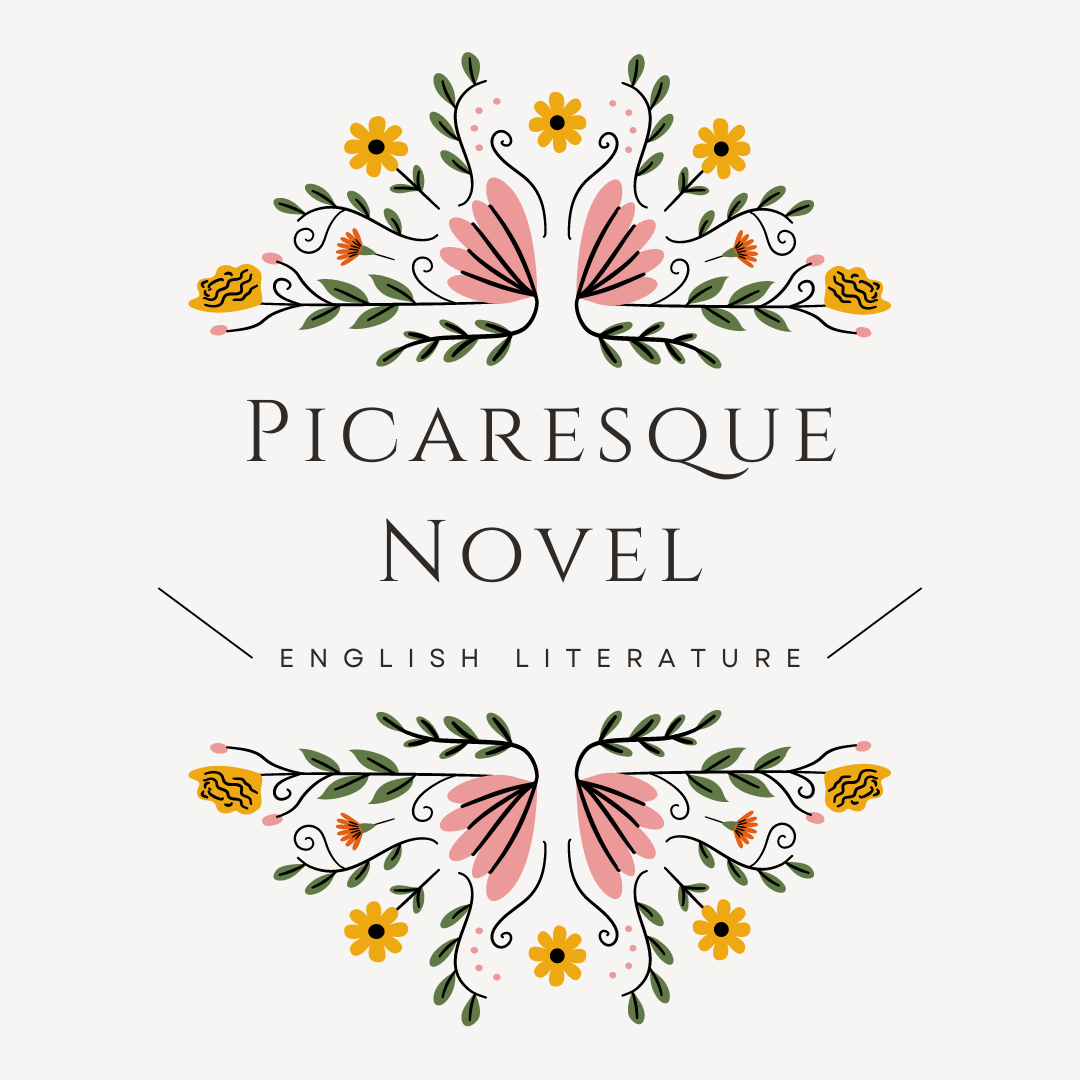A style of literary fiction dealing with adventures of rogues, chiefly of Spanish origin

The word ‘Picaresque’ is defined as ‘belonging or relating to rogues or knaves; applied especially to a style of literary fiction dealing with adventures of rogues, chiefly of Spanish origin.’ It is also defined as the ‘autobiography of a picaro, a rogue, and in that form a satire upon the conditions and persons of the time that gives it birth.’
The recent critics, however, stretched the definition of picaresque and Walter Allen included in this group ‘ any novel in which the hero takes a journey whose course plunges him into all sorts conditions and classes of men.’ Nortrop defined the picaresque novel as ‘ a realistic portrayal of criminal life in which criminals and their tricks constitute the chief source of interest.’
Thus it becomes evident that picaresque novel is the life-story of a rogue or picaro, a clever and amusing adventure of low social class who earns his livelihood by tricks and roguery rather than by hounourable industry. The story is usually told by the picaro in the first person, as an autobiography. Episodic in nature, the plot consists of a series of thrilling incidents only slightly connected and strung together with organic relationship. They are without patter, If at their best the picaresque stories had a beginning, they had no end. They were published in parts and the main aim of the novelist was to introduce adventure after adventure in the life of the picaro. The hero wanders from place to place as well as from job to job. The adventures and wanderings in different social settings permit the picaro to meet people of all classes- bankers, politicians, the clergy, doctors, lawyers, actors and society-folk. He is thus provided with the opportunity of satirizing corruption and hypocrisy of a whole society and epoch. The picaresque novel is in consequence a study of manners.